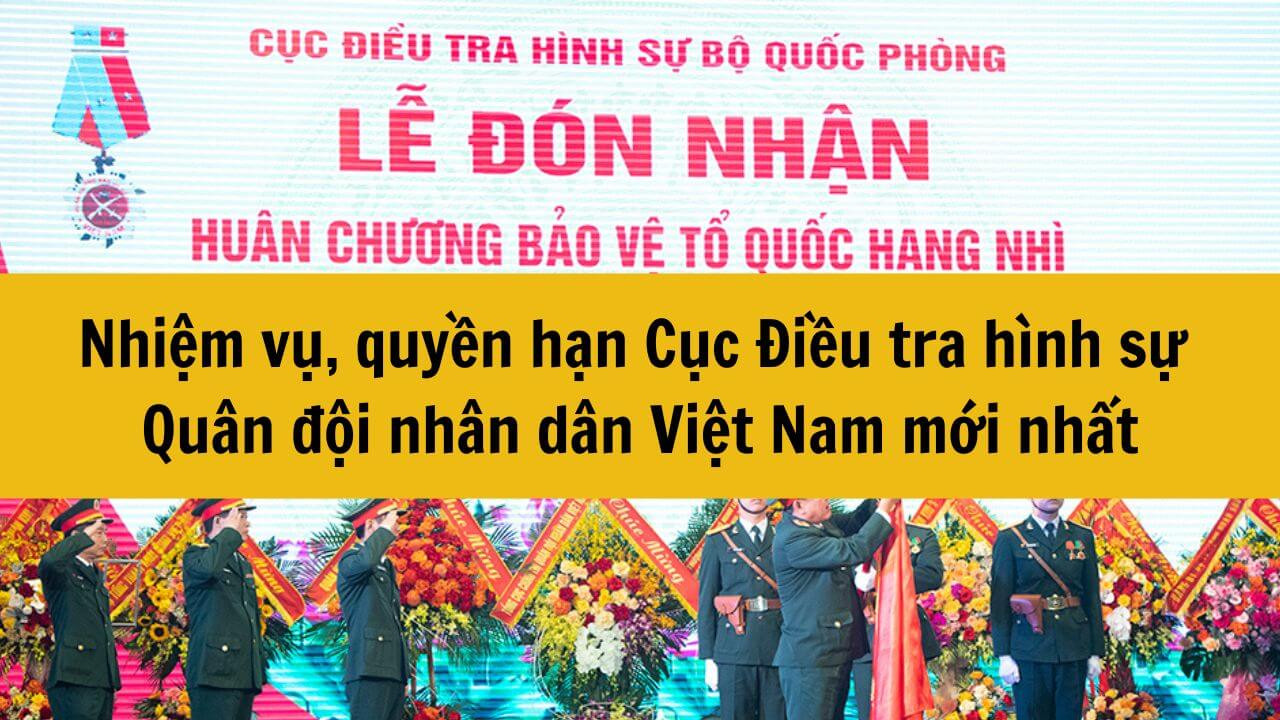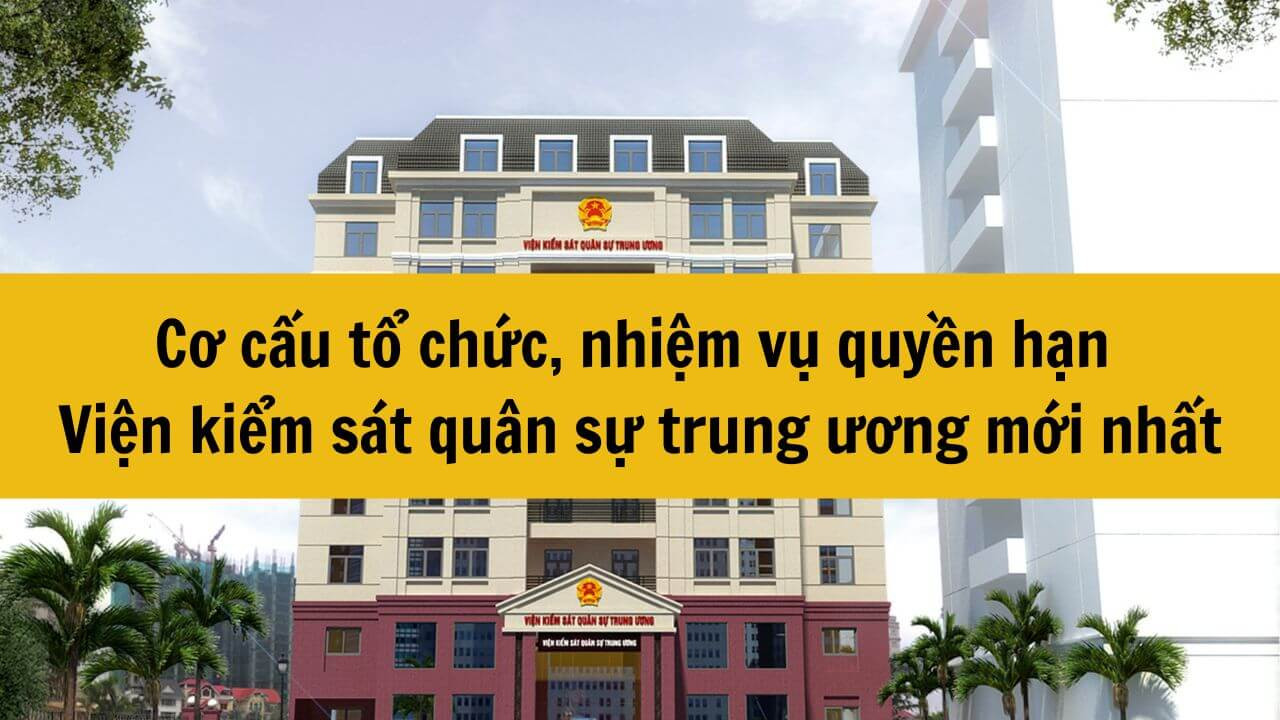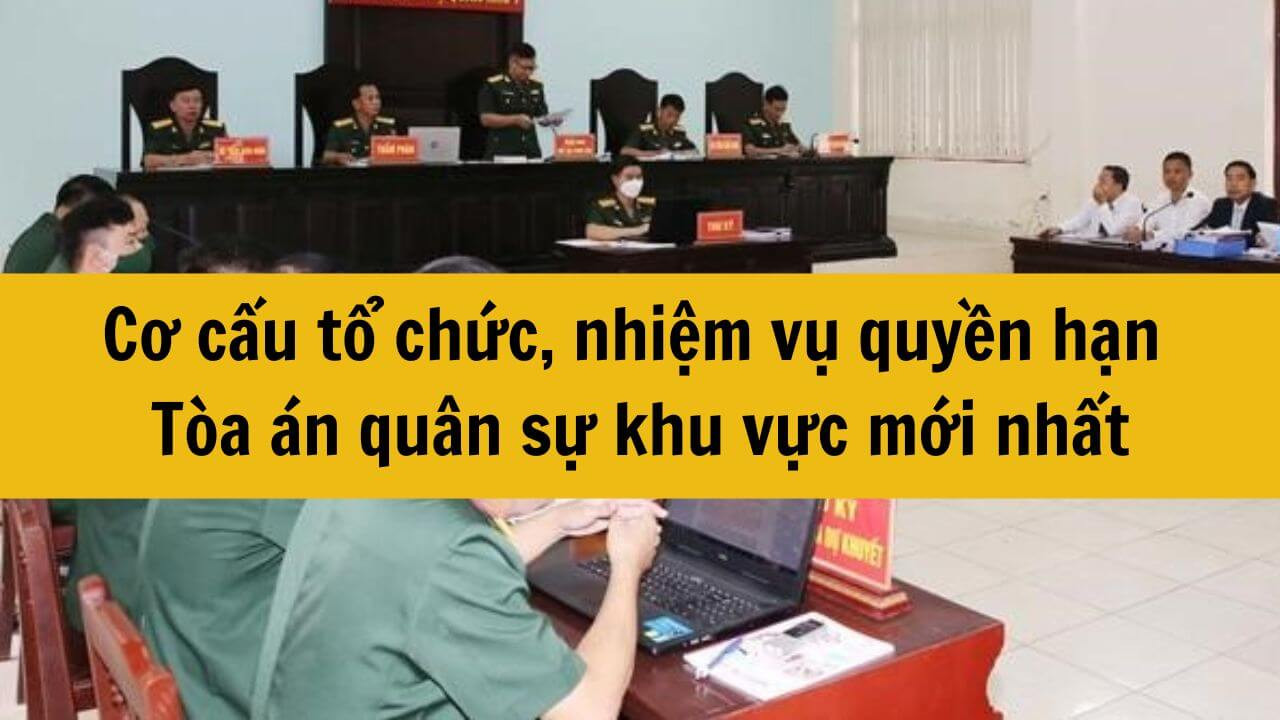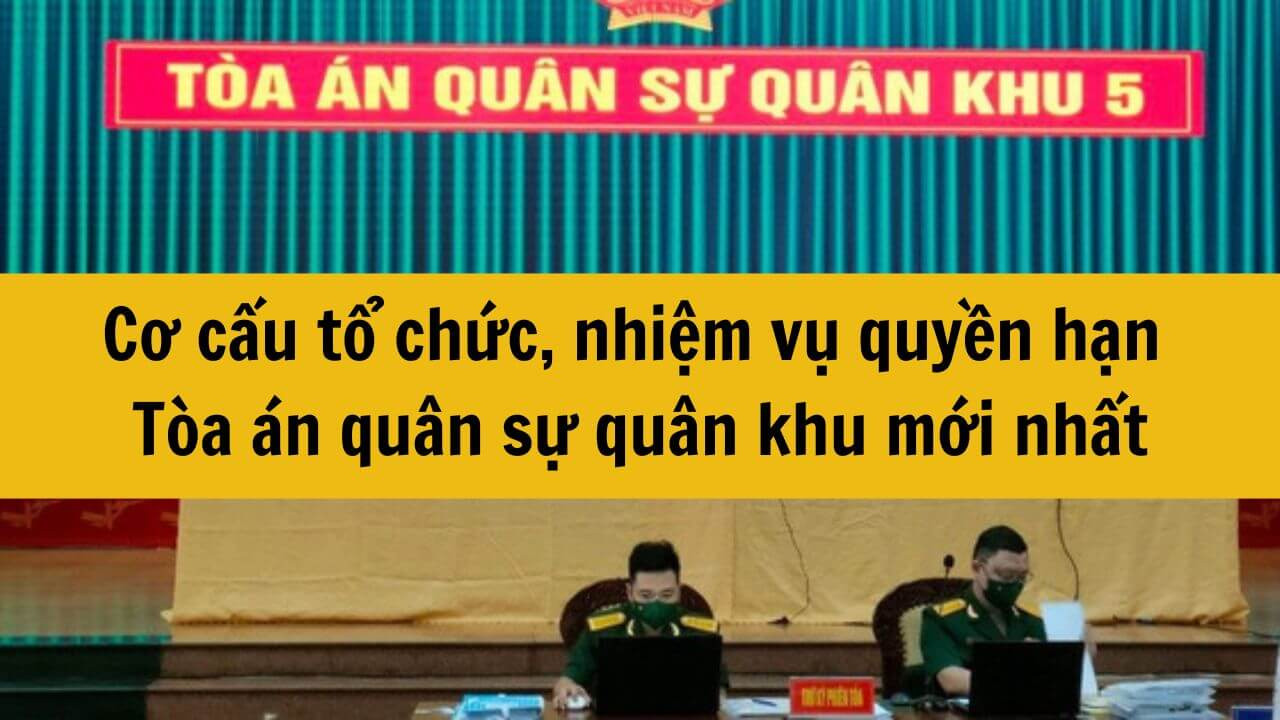 Tìm kiếm
Tìm kiếm
Chương VIII Luật tổ chức Toà án nhân dân 2014: Hội thẩm
| Số hiệu: | 62/2014/QH13 | Loại văn bản: | Luật |
| Nơi ban hành: | Quốc hội | Người ký: | Nguyễn Sinh Hùng |
| Ngày ban hành: | 24/11/2014 | Ngày hiệu lực: | 01/06/2015 |
| Ngày công báo: | 29/12/2014 | Số công báo: | Từ số 1167 đến số 1168 |
| Lĩnh vực: | Bộ máy hành chính | Tình trạng: | Còn hiệu lực |
TÓM TẮT VĂN BẢN
Sẽ có thêm Tòa án nhân dân cấp cao
Từ 01/06/2015, hệ thống tổ chức Tòa án nhân dân (TAND) sẽ có thêm TAND cấp cao, đây là điểm mới nổi bật trong Luật tổ chức TAND 2014.
Ngoài ra, còn có nhiều điểm mới khác, như là:
- Đưa vào Luật nội dung Thư ký Tòa án gồm các ngạch: thư ký viên, thư ký viên chính, thư ký viên cao cấp;
- Tương tự, Thẩm tra viên cũng được phân thành ba ngạch: thẩm tra viên, thẩm tra viên chính, thẩm tra viên cao cấp;
- Nhiệm kỳ đầu của thẩm phán là 05 năm; trường hợp được bổ nhiệm lại hoặc bổ nhiệm vào ngạch thẩm phán khác thì nhiệm kỳ tiếp theo là 10 năm;
- Ngạch thẩm phán gồm: Thẩm phán TAND tối cao, thẩm phán cao cấp, thẩm phán trung cấp, thẩm phán sơ cấp.
Luật này thay thế Luật tổ chức TAND 2002.
Văn bản tiếng việt
Văn bản tiếng anh
1. Hội thẩm Tòa án nhân dân gồm có:
a) Hội thẩm nhân dân;
b) Hội thẩm quân nhân.
2. Hội thẩm nhân dân thực hiện nhiệm vụ xét xử những vụ án thuộc thẩm quyền của Tòa án nhân dân theo phân công của Chánh án Tòa án nơi được bầu làm Hội thẩm nhân dân.
3. Hội thẩm quân nhân thực hiện nhiệm vụ xét xử những vụ án thuộc thẩm quyền của Tòa án quân sự theo phân công của Chánh án Tòa án nơi mình được cử làm Hội thẩm quân nhân.
4. Hội thẩm có nghĩa vụ thực hiện sự phân công của Chánh án Tòa án, trường hợp không thực hiện được thì phải nêu rõ lý do.
5. Trong 01 năm công tác mà Hội thẩm không được Chánh án Tòa án phân công làm nhiệm vụ xét xử thì có quyền yêu cầu Chánh án Tòa án cho biết lý do.
1. Là công dân Việt Nam, trung thành với Tổ quốc và Hiến pháp nước Cộng hòa xã hội chủ nghĩa Việt Nam, có phẩm chất đạo đức tốt, có bản lĩnh chính trị vững vàng, có uy tín trong cộng đồng dân cư, có tinh thần dũng cảm và kiên quyết bảo vệ công lý, liêm khiết và trung thực.
2. Có kiến thức pháp luật.
3. Có hiểu biết xã hội.
4. Có sức khỏe bảo đảm hoàn thành nhiệm vụ được giao.
1. Tòa án nhân dân tỉnh, thành phố trực thuộc trung ương, Tòa án nhân dân huyện, quận, thị xã, thành phố thuộc tỉnh và tương đương đề xuất nhu cầu về số lượng, cơ cấu thành phần Hội thẩm đề nghị Ủy ban Mặt trận Tổ quốc Việt Nam cùng cấp lựa chọn và giới thiệu người đủ tiêu chuẩn theo quy định tại Điều 85 của Luật này để Hội đồng nhân dân có thẩm quyền theo luật định bầu Hội thẩm nhân dân;
Chánh án Tòa án nhân dân sau khi thống nhất với Ủy ban Mặt trận Tổ quốc Việt Nam cùng cấp. đề nghị Hội đồng nhân dân miễn nhiệm, bãi nhiệm Hội thẩm nhân dân.
2. Hội thẩm quân nhân Tòa án quân sự quân khu và tương đương do Chủ nhiệm Tổng cục chính trị Quân đội nhân dân Việt Nam cử theo sự giới thiệu của cơ quan chính trị quân khu, quân đoàn, quân chủng, tổng cục hoặc cấp tương đương.
Chánh án Tòa án quân sự quân khu và tương đương sau khi thống nhất với cơ quan chính trị quân khu, quân đoàn, quân chủng, tổng cục hoặc cấp tương đương đề nghị Chủ nhiệm Tổng cục chính trị Quân đội nhân dân Việt Nam miễn nhiệm, bãi nhiệm Hội thẩm quân nhân Tòa án quân sự quân khu và tương đương.
3. Hội thẩm quân nhân Tòa án quân sự khu vực do Chính ủy quân khu, quân đoàn, quân chủng, tổng cục hoặc cấp tương đương cử theo sự giới thiệu của cơ quan chính trị sư đoàn hoặc cấp tương đương.
Chánh án Tòa án quân sự khu vực sau khi thống nhất với cơ quan chính trị sư đoàn hoặc cấp tương đương đề nghị Chính ủy quân khu, quân đoàn, quân chủng, tổng cục hoặc cấp tương đương miễn nhiệm, bãi nhiệm Hội thẩm quân nhân Tòa án quân sự khu vực.
1. Nhiệm kỳ của Hội thẩm nhân dân theo nhiệm kỳ của Hội đồng nhân dân đã bầu ra Hội thẩm nhân dân.
Khi Hội đồng nhân dân hết nhiệm kỳ, Hội thẩm nhân dân tiếp tục làm nhiệm vụ cho đến khi Hội đồng nhân dân khóa mới bầu ra Hội thẩm nhân dân mới.
2. Nhiệm kỳ của Hội thẩm quân nhân là 05 năm, kể từ ngày được cử.
1. Hội thẩm được tập huấn, bồi dưỡng nghiệp vụ, tham gia hội nghị tổng kết công tác xét xử của Tòa án.
Kinh phí tập huấn, bồi dưỡng nghiệp vụ Hội thẩm được dự toán trong kinh phí hoạt động của Tòa án, có sự hỗ trợ của ngân sách địa phương theo quy định của luật.
2. Hội thẩm là cán bộ, công chức, viên chức, quân nhân tại ngũ, công nhân quốc phòng thì thời gian làm nhiệm vụ Hội thẩm được tính vào thời gian làm việc ở cơ quan, đơn vị.
3. Hội thẩm được tôn vinh và khen thưởng theo quy định của pháp luật về thi đua, khen thưởng.
4. Hội thẩm được hưởng phụ cấp xét xử, được cấp trang phục, Giấy chứng minh Hội thẩm để làm nhiệm vụ xét xử.
Chế độ phụ cấp xét xử, mẫu trang phục, cấp phát và sử dụng trang phục, Giấy chứng minh Hội thẩm do Ủy ban thường vụ Quốc hội quy định theo đề nghị của Chánh án Tòa án nhân dân tối cao.
1. Trung thành với Tổ quốc, gương mẫu chấp hành Hiến pháp và pháp luật.
2. Tham gia xét xử theo sự phân công của Chánh án Tòa án mà không được từ chối, trừ trường hợp có lý do chính đáng hoặc do luật tố tụng quy định.
3. Độc lập, vô tư, khách quan trong xét xử, góp phần bảo vệ công lý, bảo vệ quyền con người, quyền công dân, bảo vệ chế độ xã hội chủ nghĩa, bảo vệ lợi ích của Nhà nước, quyền và lợi ích hợp pháp, chính đáng của tổ chức, cá nhân.
4. Tôn trọng nhân dân và chịu sự giám sát của nhân dân.
5. Giữ bí mật nhà nước và bí mật công tác theo quy định của pháp luật.
6. Tích cực học tập để nâng cao kiến thức pháp luật và nghiệp vụ xét xử.
7. Chấp hành nội quy, quy chế của Tòa án.
8. Chịu trách nhiệm trước pháp luật về việc thực hiện nhiệm vụ, quyền hạn của mình; nếu có hành vi vi phạm pháp luật thì tùy theo tính chất, mức độ vi phạm mà bị xử lý kỷ luật bãi nhiệm hoặc truy cứu trách nhiệm hình sự theo quy định của luật.
Hội thẩm trong khi thực hiện nhiệm vụ, quyền hạn của mình mà gây thiệt hại thì Tòa án nơi Hội thẩm đó thực hiện nhiệm vụ xét xử phải có trách nhiệm bồi thường và Hội thẩm đã gây thiệt hại có trách nhiệm bồi hoàn cho Tòa án theo quy định của pháp luật.
1. Hội thẩm có thể được miễn nhiệm vì lý do sức khỏe hoặc lý do chính đáng khác.
2. Hội thẩm bị bãi nhiệm khi có vi phạm về phẩm chất đạo đức hoặc có hành vi vi phạm pháp luật không còn xứng đáng làm Hội thẩm.
1. Hội thẩm được tổ chức thành Đoàn Hội thẩm.
Ủy ban Trung ương Mặt trận Tổ quốc Việt Nam chủ trì phối hợp với Bộ Nội vụ và Tòa án nhân dân tối cao trình Ủy ban thường vụ Quốc hội ban hành Quy chế tổ chức và hoạt động của Đoàn Hội thẩm.
2. Chánh án Tòa án nhân dân tỉnh, thành phố trực thuộc trung ương, Tòa án nhân dân huyện, quận, thị xã, thành phố thuộc tỉnh và tương đương, Tòa án quân sự quân khu và tương đương, Tòa án quân sự khu vực phân công Hội thẩm tham gia xét xử, bảo đảm phù hợp với yêu cầu xét xử vụ án.
3. Cơ quan, tổ chức, đơn vị vũ trang nhân dân có người được bầu hoặc cử làm Hội thẩm có trách nhiệm tạo điều kiện để Hội thẩm làm nhiệm vụ.
4. Trong thời gian Hội thẩm làm nhiệm vụ theo sự phân công của Chánh án Tòa án thì cơ quan, tổ chức, đơn vị vũ trang nhân dân có Hội thẩm đó không được điều động, phân công Hội thẩm làm việc khác, trừ trường hợp đặc biệt và phải thông báo cho Chánh án Tòa án biết.
Chapter VIII
ASSESSORS
Article 84. Duties and powers of assessors
1. Assessors of people’s courts include:
a/ People’s assessors;
b/ Army men’s assessors.
2. People’s assessors shall perform the duty of adjudicating cases under the jurisdiction of people’s courts as assigned by judges of courts of localities where they are elected.
3. Army men’s assessors shall perform the duty of adjudicating cases under the jurisdiction of military courts as assigned by judges of courts of localities where they are nominated.
4. Assessors shall perform duties assigned by chief justices of courts. If failing to do so, they shall clearly state the reason for failure.
5. An assessor who has not been assigned by the chief justice of his/her court to perform the adjudicating duty for one working year may request the latter to notify the reason.
Article 85. Assessor criteria
1. Being a Vietnamese citizen who is loyal to the Fatherland and the Constitution of the Socialist Republic of Vietnam, has good ethical qualities, firm political stance, reputation in the population community, courage and resolve to safeguard justice, and is incorrupt and honest.
2. Having legal knowledge.
3. Being socially knowledgeable.
4. Being physically fit to fulfill assigned duties.
Article 86. Procedures for election, nomination, relief from duty or dismissal of assessors
1. The people’s court of a province or centrally run city, rural district, urban district, town, provincial city or the equivalent shall notify its demand for assessors in terms of number and structure of social strata to the same-level Vietnam Fatherland Front Committee, requesting the latter to select and recommend persons who fully meet the criteria prescribed in Article 85 of this Law for being elected as people’s assessors by the competent People’s Council prescribed by a law;
After reaching agreement with the same-level Vietnam Fatherland Front Committee, the chief justice of the people’s courts shall propose the People’s Council to relieve from duty or dismiss people’s assessors.
2. Army men’s assessors of a military court of a military zone or the equivalent shall be nominated by the Director of the General Department of Politics of the Vietnam People’s Army after being recommended by the political office of the military zone, army corp, arm, general department or the equivalent.
After reaching agreement with the political office of the military zone, army corp, arm, general department or the equivalent, the chief justice of the military court of the military zone or the equivalent shall propose the Director of the General Department of Politics of the Vietnam People’s Army to relieve from duty or dismiss army men’s assessors of the military cours of the military zone or the equivalent.
3. Army men’s assessors of a regional military court shall be nominated by the political commissar of the military zone, army corp, arm, general department or the equivalent after being recommended by the political office of the division or the equivalent.
After reaching agreement with the political office of the division or the equivalent, the chief justice of the regional military court shall request the political commissar of the military zone, army corp, arm, general department or the equivalent to relieve from duty or dismiss army men’s assessors of the regional military court.
Article 87. Term of office of assessors
1. The term of office of people’s assessors must follow the term of the People’s Council that has elected them.
Upon the expiration of the term of the People’s Council, incumbent people’s assessors shall continue to perform their duties until the People’s Council of the new term elects new people’s assessors.
2. The term of office of army men’s assessors is 5 years from the date of nomination.
Article 88. Entitlements and policies toward assessors
1. Assessors shall be professionally trained and retrained and are entitled to participate in conferences reviewing the adjudicating work of their court.
Funds for professional training and retraining of assessors shall be incorporated in operation funds of courts, with support from local budgets in accordance with law.
2. Periods of working as assessors of cadres, civil servants, public employees, in-service army men or national defense workers shall be counted as their working time at their agencies or units.
3. Assessors shall be honored, commended and rewarded in accordance with the law on emulation and commendation.
4. Assessors are entitled to adjudication allowance and shall be provided with official attires and assessor identity cards to perform the adjudicating duty.
The adjudication allowance, model official attires, allocation and use of official attires and assessor identity cards shall be stipulated by the National Assembly Standing Committee at the proposal of the Chief Justice of the Supreme People’s Court.
Article 89. Responsibilities of assessors
1. To be loyal to the Fatherland and exemplary in abiding by the Constitution and law.
2. To participate in adjudication as assigned by the chief justice of their court, unless they have plausible reasons for refusal to do so or otherwise prescribed by the procedural law.
3. To be independent, impartial and objective in adjudication, and contribute to safeguarding justice, human rights, citizens’ rights, the socialist regime, interests of the State, and lawful rights and interests of organizations and individuals.
4. To respect, and submit to supervision by, the people.
5. To protect state secrets and work secrets in accordance with law.
6. To actively learn to elevate their legal knowledge and adjudication skills.
7. To observe internal rules and regulations of their court.
8. To be held responsible before law for the performance of their duties and exercise of their powers. If committing illegal acts, to be disciplined, dismissed or examined for penal liability in accordance with law depending on the nature and seriousness of their violations.
If assessors cause damage while performing their duties or exercising their powers, their court shall pay compensations for damage and they shall pay indemnities to their court in accordance with law.
Article 90. Conditions for relief from duty or dismissal of assessors
1. Assessors may be relieved from duty due to poor health or for another plausible reason.
2. Assessors shall be dismissed when having no ethical qualities or committing illegal acts and being no longer capable to act as assessors.
Article 91. Juries; responsibilities of agencies, organizations and people’s armed forces units toward assessors
1. Assessors shall be organized into juries.
The Central Committee of the Vietnam Fatherland Front shall assume the prime responsibility for, and coordinate with the Ministry of Home Affairs and Supreme People’s Court in, submitting to the National Assembly Standing Committee for promulgation regulations on organization and operation of juries.
2. Chief justices of courts of provinces, centrally run cities, rural districts, urban districts, towns, provincial cities and the equivalent, military courts of military zones and the equivalent and regional military courts shall assign assessors to participate in adjudication, ensuring that they meet trial requirements.
3. Agencies, organizations and people’s armed forces units that have persons who are elected or nominated as assessors shall create conditions for these assessors to perform their duties.
4. When assessors perform their duties as assigned by chief justices of courts, agencies, organizations and people’s armed forces units managing such assessors may neither transfer nor assign them to do other jobs, except in special cases when such transfer or assignment shall be notified to chief justices of courts.
Văn bản liên quan
Cập nhật
Bài viết liên quan
Cơ cấu, nhiệm vụ Ủy ban kiểm tra quân ủy trung ương mới nhất 2025

Cơ cấu, nhiệm vụ Ủy ban kiểm tra quân ủy trung ương mới nhất 2025
Ủy ban Kiểm tra Quân ủy Trung ương đóng vai trò quan trọng trong việc bảo đảm kỷ luật, kiểm soát và nâng cao hiệu quả hoạt động của lực lượng vũ trang nhân dân Việt Nam. Năm 2025, trong bối cảnh đất nước đối mặt với nhiều thách thức mới, cơ cấu và nhiệm vụ của Ủy ban này càng trở nên cần thiết và cấp bách hơn bao giờ hết. Vậy hiện nay, pháp luật quy định ra sao về cơ cấu, nhiệm vụ Ủy ban kiểm tra quân ủy trung ương? 21/11/2024Nhiệm vụ, quyền hạn Cục Điều tra hình sự Quân đội nhân dân Việt Nam mới nhất 2025

Nhiệm vụ, quyền hạn Cục Điều tra hình sự Quân đội nhân dân Việt Nam mới nhất 2025
Trong bối cảnh an ninh quốc gia và trật tự xã hội ngày càng phức tạp, Cục Điều tra hình sự Quân đội nhân dân Việt Nam đóng vai trò quan trọng trong việc bảo vệ và thực thi pháp luật. Bài viết này sẽ đi sâu vào các nhiệm vụ và quyền hạn của Cục Điều tra hình sự theo quy định pháp luật hiện hành, từ đó làm rõ vai trò của đơn vị trong việc bảo vệ tổ quốc và xây dựng một lực lượng vũ trang tinh nhuệ, hiệu quả. 21/11/2024Cơ cấu tổ chức, nhiệm vụ quyền hạn Viện kiểm sát quân sự trung ương mới nhất 2025

Cơ cấu tổ chức, nhiệm vụ quyền hạn Viện kiểm sát quân sự trung ương mới nhất 2025
Trong bối cảnh quốc phòng và an ninh ngày càng được chú trọng, vai trò của Viện kiểm sát quân sự Trung ương trở nên ngày càng quan trọng trong việc bảo đảm sự tuân thủ pháp luật và bảo vệ quyền lợi của nhà nước, tổ chức và cá nhân. Năm 2025, quy định về cơ cấu tổ chức, nhiệm vụ và quyền hạn của Viện kiểm sát quân sự Trung ương đã và đang ngày càng được hoàn thiện, nhằm đáp ứng yêu cầu nhiệm vụ trong tình hình mới. 21/11/2024Cơ cấu tổ chức, nhiệm vụ quyền hạn Tòa án quân sự khu vực mới nhất 2025

Cơ cấu tổ chức, nhiệm vụ quyền hạn Tòa án quân sự khu vực mới nhất 2025
Năm 2025 các quy định mới nhất về Tòa án quân sự nói chung và Tòa án quân sự khu vực nói riêng đã và đang ngày càng được hoàn thiện nhằm nâng cao hiệu quả hoạt động và đảm bảo quyền lợi chính đáng cho các quân nhân cũng như cán bộ, chiến sĩ. Vậy hiện nay, nhiệm vụ, quyền hạn, cơ cấu tổ chức của Tòa án quân sự khu vực được quy định ra sao? 21/11/2024Cơ cấu tổ chức, nhiệm vụ quyền hạn Tòa án quân sự quân khu mới nhất 2025

Cơ cấu tổ chức, nhiệm vụ quyền hạn Tòa án quân sự quân khu mới nhất 2025
Trong bối cảnh hiện nay, việc cải cách hệ thống tư pháp quân sự đóng vai trò quan trọng trong việc bảo vệ pháp luật và trật tự xã hội. Hiện nay, bộ máy Tòa án quân sự đang ngày càng được hoàn thiện, trong đó Tòa án quân sự quân khu đóng vai trò quan trọng. Hiện nay pháp luật quy định ra sao về nhiệm vụ, hoạt động, cơ cấu tổ chức của Tòa án quân sự quân khu? 21/11/2024Cơ cấu tổ chức, nhiệm vụ quyền hạn Tòa án quân sự trung ương mới nhất 2025

Cơ cấu tổ chức, nhiệm vụ quyền hạn Tòa án quân sự trung ương mới nhất 2025
Trong bối cảnh an ninh quốc gia ngày càng trở nên phức tạp, việc cải cách hệ thống tư pháp quân sự đóng vai trò quan trọng trong việc bảo vệ pháp luật và trật tự xã hội. Hiện nay, bộ máy Tòa án quân sự đang ngày càng được hoàn thiện, trong đó đứng đầu là Tòa án quân sự trung ương. Vậy hiện nay pháp luật quy định ra sao về nhiệm vụ, hoạt động, cơ cấu tổ chức của Tòa án quân sự trung ương? 21/11/2024Quy định mới nhất 2025 về Tòa án quân sự

Quy định mới nhất 2025 về Tòa án quân sự
Trong bối cảnh an ninh quốc gia ngày càng trở nên phức tạp, việc cải cách hệ thống tư pháp quân sự đóng vai trò quan trọng trong việc bảo vệ pháp luật và trật tự xã hội. Năm 2025 các quy định mới nhất về Tòa án quân sự đã và đang ngày càng được hoàn thiện nhằm nâng cao hiệu quả hoạt động và đảm bảo quyền lợi chính đáng cho các quân nhân cũng như cán bộ, chiến sĩ. 21/11/2024Những ngành nghề cần có bằng cử nhân Luật

Những ngành nghề cần có bằng cử nhân Luật
Bằng cử nhân luật mở ra rất nhiều cơ hội nghề nghiệp đa dạng và hấp dẫn. Với kiến thức chuyên sâu về pháp luật, người tốt nghiệp ngành luật có thể lựa chọn làm việc tại nhiều lĩnh vực khác nhau. Dưới đây là một số ngành nghề phổ biến mà bạn có thể tham khảo. 06/11/2024Civil Law là gì? Việt Nam theo hệ thống pháp luật nào? Common Law hay Civil Law?

Civil Law là gì? Việt Nam theo hệ thống pháp luật nào? Common Law hay Civil Law?
Civil Law là gì? Việt Nam theo hệ thống pháp luật nào? Common Law hay Civil Law? 04/11/2024Văn bản quy phạm pháp luật là gì?


 Luật tổ chức Toà án nhân dân 2014 (Bản Word)
Luật tổ chức Toà án nhân dân 2014 (Bản Word)
 Luật tổ chức Toà án nhân dân 2014 (Bản Pdf)
Luật tổ chức Toà án nhân dân 2014 (Bản Pdf)